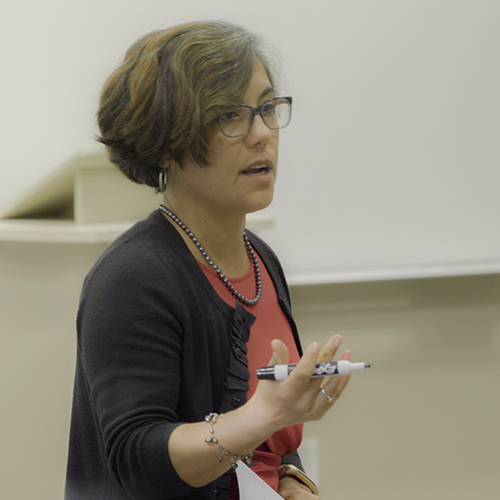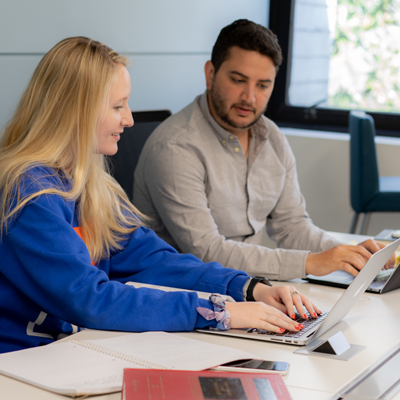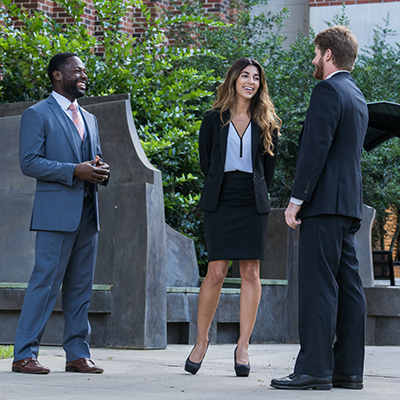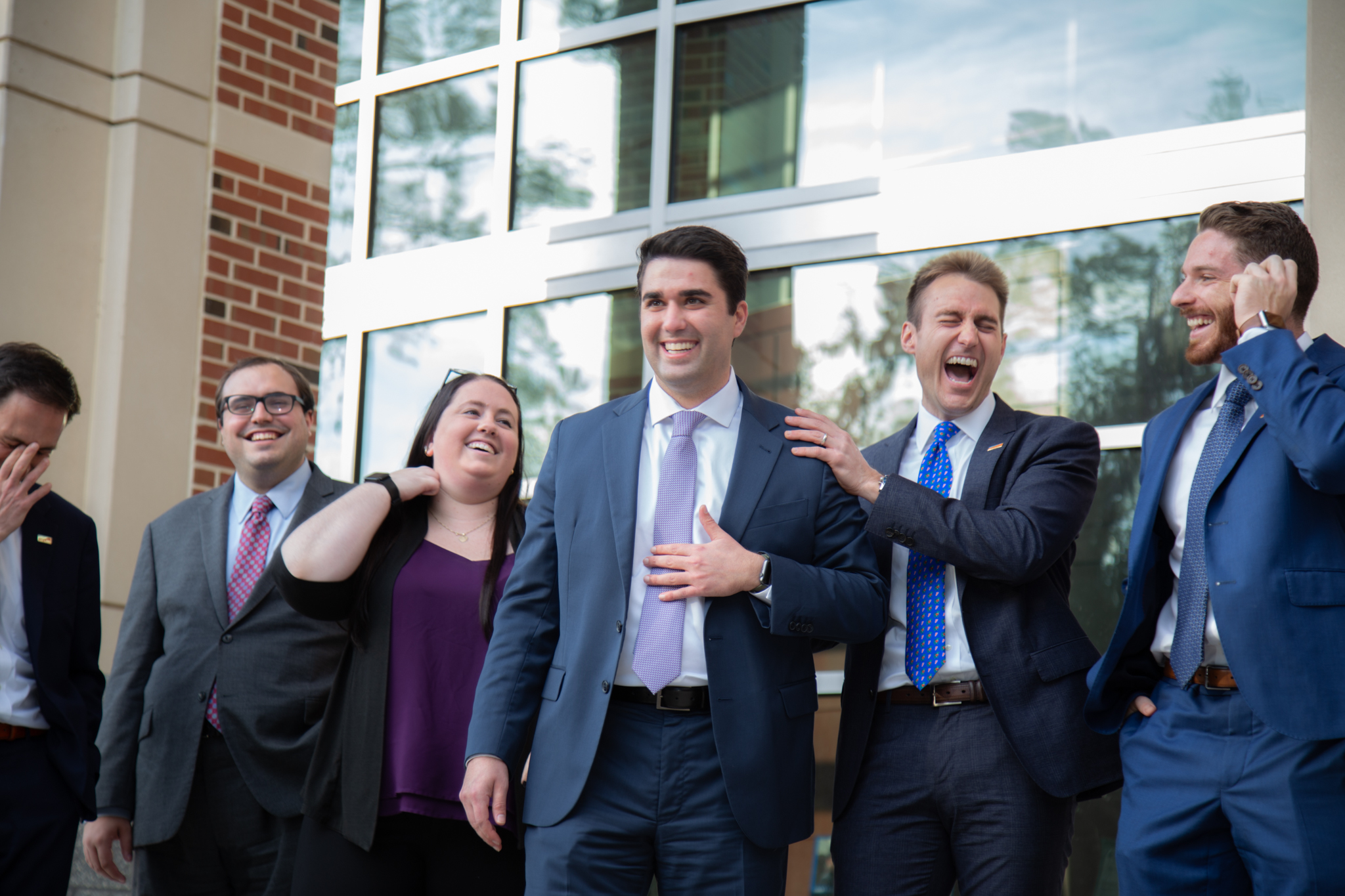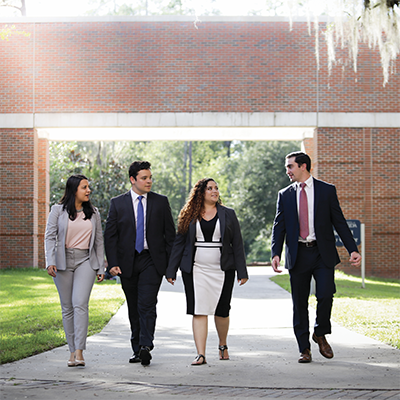- Homepage
- Life At UF Law
- Office of Student Affairs
- Additional Information
- Honor Code and Committee
- Honor Code Violations
Honor Code Violations
University of Florida Regulation 6C1-4.017 (Student Honor Code)
Preamble: In adopting this Honor Code, the students of the University of Florida recognize that academic honesty and integrity are fundamental values of the University community. Students who enroll at the University commit to holding themselves and their peers to the high standard of honor required by the Honor Code. Any individual who becomes aware of a violation of the Honor Code is bound by honor to take corrective action. Student and faculty support are crucial to the success of the Honor Code. The quality of a University of Florida education is dependent upon the community acceptance and enforcement of the Honor Code.
The Honor Code:
We, the members of the University of Florida community, pledge to hold ourselves and our peers to the highest standards of honesty and integrity.
On all work submitted for credit by students at the University of Florida, the following pledge is either required or implied:
“On my honor, I have neither given nor received unauthorized aid in doing this assignment.”
(1) All students are required to abide by the Student Honor Code.
(2) The conduct set forth hereinafter constitutes a violation of the Student Conduct Code. Those adjudged to have committed such conduct shall be subject to the sanctions provided in Rule 6C1-4.016, F.A.C.
(3) VIOLATIONS OF THE HONOR CODE AND SANCTIONS.
(a) Conduct Prohibited by the Honor Code. Students are prohibited from engaging in the following conduct:
1. Conduct Constituting Academic Dishonesty. A student shall not engage in conduct which constitutes academic dishonesty. A student commits academic dishonesty by engaging in conduct prohibited by this subsection. By engaging in such conduct, a student violates the Honor Code and becomes subject to the Student Conduct Code (6C1-4.016)
2. False or Misleading Statement for the Purpose of Procuring an Academic Advantage. A student shall not intentionally or in bad faith make a false or misleading statement for the purpose of procuring from the person to whom the statement is made an academic advantage for any student.
3. False or Misleading Statement Relating to an Honor Code Violation. In reporting an alleged Honor Code violation, a student shall not intentionally or in bad faith make a false or misleading statement. During the course of an Honor Code proceeding, or on final appeal following such a proceeding, a student shall not at any stage make a false or misleading statement to any person charged with investigating or adjudicating the guilt of the accused, reviewing a conviction of guilt, or determining or reviewing the appropriateness of the sanction or sanctions to be recommended or imposed.
4. Prohibited Collaboration or Consultation. A student shall not without express authorization collaborate or consult with another person in an academic activity. Prohibited collaboration or consultation shall include:
a. Collaborating when not authorized to do so on an examination, take-home test, writing project, assignment, or course required work.
b. Collaborating or consulting in any other academic or co-curricular activity after receiving written notice that such conduct is prohibited.
c. It is the responsibility of the student to seek clarification whether or not collaboration or consultation with another person is authorized prior to engaging in any act of collaboration or consultation. If a faculty member has authorized a student to collaborate or consult with another person in limited circumstances, the student shall not exceed that authority. If the student wishes to collaborate or consult with another person in circumstances to which the authority does not plainly extend, the student shall first ascertain with the faculty member whether the collaboration or consultation is authorized.
5. Prohibited Use of Materials or Resources. A student shall not use unauthorized materials or resources in an academic activity. Unauthorized materials or resources shall include:
a. Any paper or project authored by the student and presented by the student for the satisfaction of any academic requirement if the student has previously submitted substantially the same paper or project to satisfy an academic requirement and did not receive express authorization to submit the paper or project.
b. Any materials or resources prepared by another student and used without the student’s express consent.
c. Any materials or resources which the faculty member has notified the student in writing are prohibited.
d. If a faculty member has authorized a student to use specified materials or resources, the student shall not exceed that authority. If the student wishes to use any material or resource to which the authority does not plainly extend, the student shall first ascertain whether the use is authorized.
6. Plagiarism. A student shall not represent as the student’s own work all or any portion of the work of another. Plagiarism includes (but is not limited to):
a. Quoting oral or written materials, whether published or unpublished, without proper attribution.
b. Submitting a document or assignment which in whole or in part is identical or substantially identical to a document or assignment not authored by the student.
7. Use of Fabricated or Falsified Information. A student shall not use or present invented or fabricated information; or falsified research or other findings if the student knows or in the exercise of ordinary care should be aware that the information, research, or other findings have been falsified.
8. Interference with or Sabotage of Academic Activity. A student shall not do any act or take any material for the purpose of interfering with or sabotaging an academic activity. Sabotage includes (but is not limited to):
a. Removing, concealing, damaging, destroying, or stealing materials, or resources which are necessary to complete or to perform the academic activity.
b. Tampering with another student’s work.
c. Stealing from another student materials or resources for the purpose of interfering with the student’s successful completion or performance of the academic activity.
9. Unauthorized Taking or Receipt of Materials or Resources to Gain an Academic Advantage. A student shall not without express authorization take or receive materials or resources from a faculty member for the purpose of gaining an academic advantage.
10. Unauthorized Recordings. A student shall not without express authorization make or receive any recording of any class, co-curricular meeting, organizational meeting, or meeting with a faculty member.
11. Bribery. A student shall not offer, give, receive, or solicit a bribe of money, materials, goods, or services for the purpose of procuring or providing an academic advantage.
12. Submission of Paper or Academic Work Purchased or Obtained from an Outside Source. A student shall not submit as his or her own work a paper or other academic work that was purchased or otherwise obtained from an outside source. An outside source includes (but is not limited to) a commercial vendor of research papers, a file of research papers or tests maintained by a student organization or other body or person, or any other source of papers or of academic work that was authored or prepared by a person other than the student who submits it.
13. Conspiracy to Commit Academic Dishonesty. A student shall not conspire with any other person to commit an act that violates the Honor Code.
Note: The Faculty Determination Process does not apply to the law school
(4) Jurisdiction for Student Honor Code Violations
(a) Students charged with violations of the Student Honor Code shall have their cases heard by the appropriate person or body designated in 6C1-4.013. Unless otherwise noted, students may seek resolution through the Faculty Determination Process.
[(5) Faculty Determination Process.]Authority: BOG Resolution dated January 7, 2003.
History–New 9-29-75, Amended 4-5-77, 2-11-82, 9-15-83, Formerly 6C1-4.17, Amended 5-18-92, 7-11-94, 4-30-95, 2-5-03, 7-19-05, 12-02-05.

